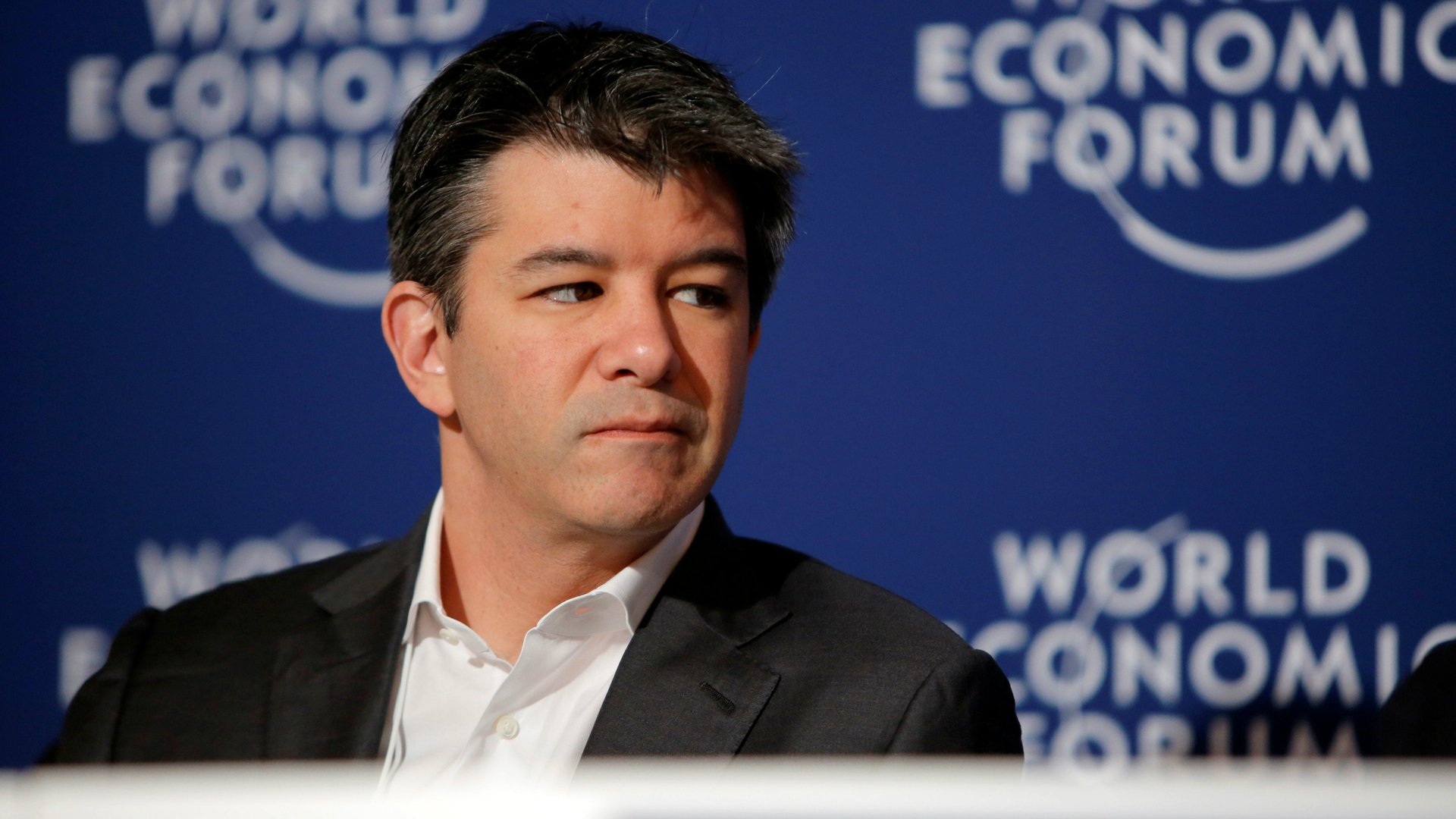Waymo, Uber’s nemesis in court, is now partners with Lyft, Uber’s nemesis on the road
Uber’s race to develop self-driving car technology has taken a Shakespearean turn.


Uber’s race to develop self-driving car technology has taken a Shakespearean turn.
On Sunday (May 14) the New York Times reported (paywall) that Waymo, Alphabet’s developer of self-driving car technology, inked a partnership with ride-hailing company Lyft.
Waymo and Lyft confirmed the news of the deal. Neither company answered Quartz’s questions about its financial terms or the specific nature of the partnership. Uber declined to comment.
The deal marks a twist in Uber’s rivalry with Lyft to win over passengers in the US, as well as its legal battle with Waymo over the origins of its self-driving technology.
CEO Travis Kalanick first began trumpeting Uber’s ambitions to develop autonomous vehicle technology in 2014. The company went on to poach dozens of researchers and engineers from Carnegie Mellon University National Robotics Engineering Center, and in 2016 and 2017 it launched autonomous car pilots in Pittsburgh, San Francisco, and Tempe, Arizona. It also acquired a trucking startup founded by former Waymo engineer Anthony Levandowski, one of the brains behind Alphabet’s self-driving car program. That hire stands at the center of a legal battle between Uber and Waymo.
In a lawsuit filed in February 2017, Waymo alleged that Uber had misappropriated trade secrets downloaded by Levandowski in relation to its driverless technology. Later, during hearings, it upped the ante and said Uber colluded privately with Levandowski and prompted him to steal away Waymo’s technology. Uber has called the claim that it copied Waymo’s technology “demonstrably false” (paywall). Levandowski is invoking his rights against self-incrimination, according to his lawyers.
Lyft has been developing self-driving car technology, primarily through partnerships. In January 2016 the company announced it received a $500 million investment from GM, made with the specific intent of developing a fleet of self-driving vehicles. GM later went on to acquire Cruise Automation, which develops kits that turns ordinary cars into self-driving cars, for $1 billion.
If getting cars on the road marks the benchmark test for a company’s prowess in self-driving technology, Lyft appears to be slightly behind. Compared to Uber and Alphabet, GM has been relatively quiet about its self-driving technology. In January it released a video of a semi-autonomous Chevy Bolt cruising the streets of San Francisco, but it has yet to let the public take a test ride for themselves. Meanwhile, Uber’s self-driving cars are still picking up passengers in Tempe and Pittsburgh.
Waymo’s partnership with Lyft could change that. As Alphabet’s long-gestating self-driving car project, a spinoff from Google, the company was one of the first to research self-driving vehicles in earnest.
As an absolute worst-case scenario, the partnership could derail Uber’s ambitions to both develop and be the first to widely deploy self-driving technology. On Friday last week, federal judge William Alsup denied Uber’s request to send its dispute against Waymo to private arbitration—in effect, paving the way for a public trial. Meanwhile, Alsup partially granted Waymo’s request for an injunction against Uber. The specifics of that decision remain closed to the public. But it’s possible it could require Uber to freeze its self-driving car efforts for a set time, which might give Lyft some time to catch up.
Ironically, Google was one of Uber’s first high-profile investors. The search giant’s venture capital arm gave $238 million to Kalanick’s company in August 2013. Their friendship reportedly soured once Kalanick began announcing his ambitions to make self-driving cars. Now they’re full-blown enemies, in both the court and in the street.